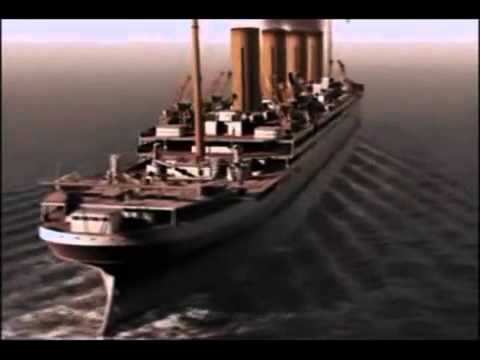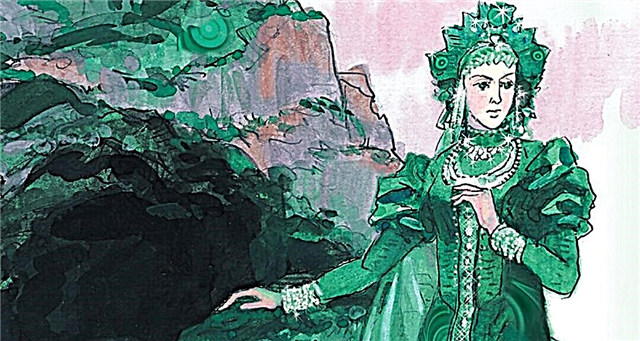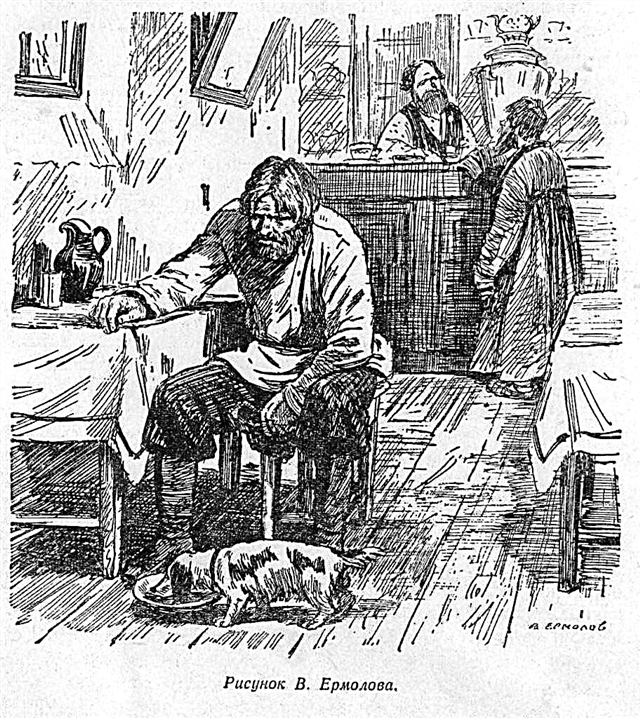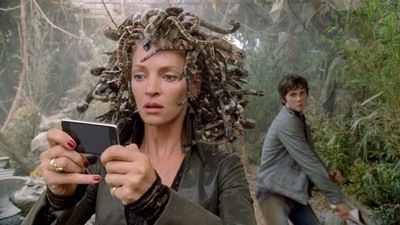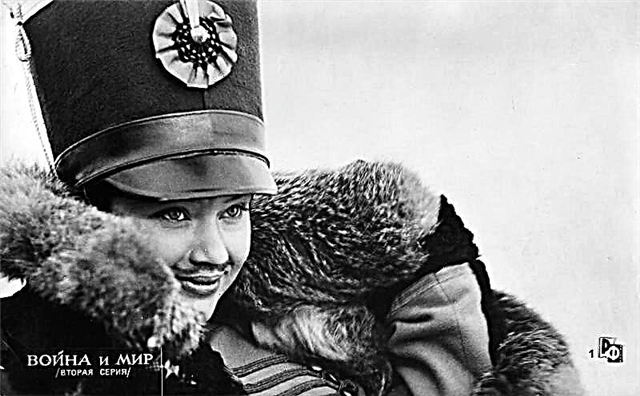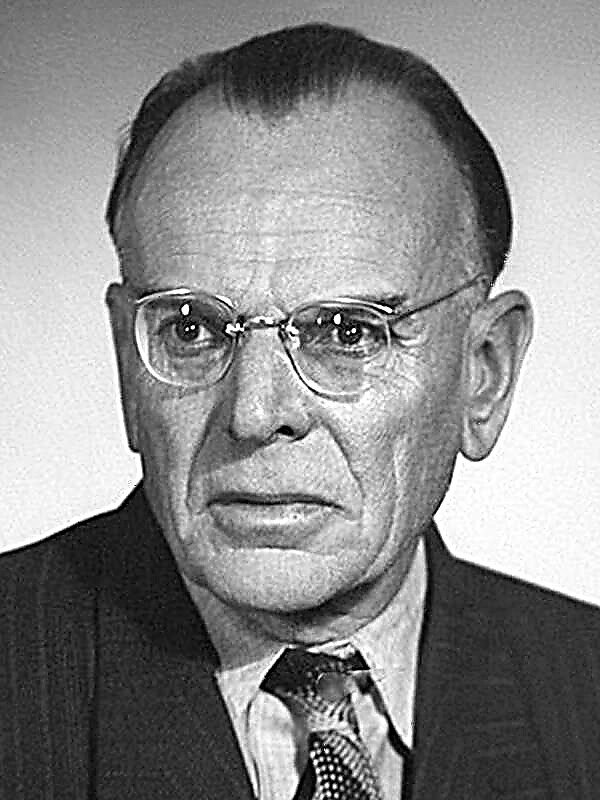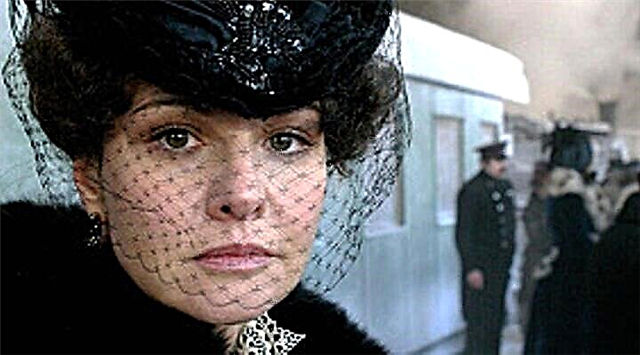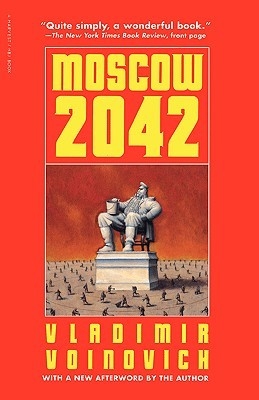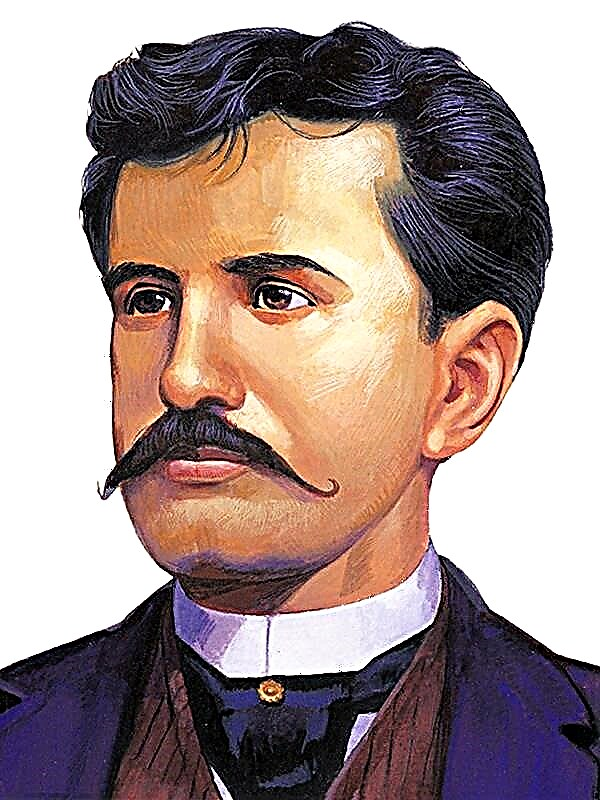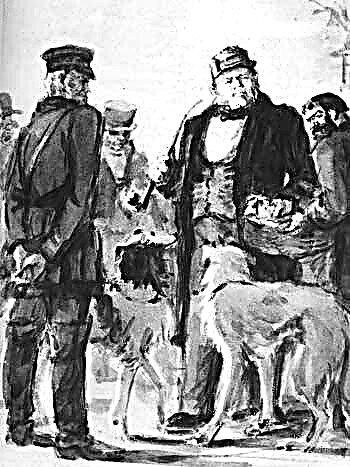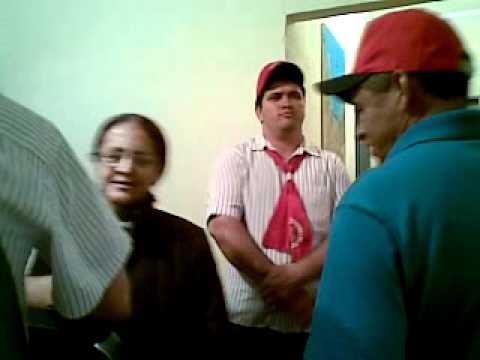On Borisov’s wedding day to the throne, the boyars calculate the fruits of his reign: the suppressed pestilence, the completed wars, and the harvests. They are amazed at how long Godunov had to persuade him to take power, and only the threat of excommunication forced him to do so. Boris returns from the cathedral, intending to receive ambassadors. Voeikov announces victory over the Siberian Khan. The English ambassador offers the bride to Tsarevich Fedor; papal nuncio - an agreement on the unification of churches; Austrian, Lithuanian, Swedish, Florentine ambassadors respectfully ask someone for help with money or troops, who for recognition of their possessions. The Persian and Turkish ambassadors accuse each other of encroaching on Iberia, the ambassador of the Iberian king asks for protection. The tsar gives an appropriate answer to everyone, full of dignity and strength, and orders everyone to be allowed into the royal chambers (“There is no barrier between the Russian people and the tsar!”). Left alone, Boris triumphs and, remembering the death of the prince, decides: then the inevitable price for the greatness of the state. Soon after, while waiting in the monastery cell for Irina to have her hair cut, Boris listens to the reports of Semyon Godunov to the Romanovs, who are unhappy with the cancellation of St. George’s Day; against Vasily Shuisky, a crafty and unreliable servant, but confident in his strength, he does not want to punish anyone. Irina appears, and Boris, reminding her of his vacillations on the way to power, asks to justify him and admit that the welfare of Russia is worth the untruth through which he became king. Irina, approving his kingdom, demands that he not forget about his guilt and do not forgive himself. Left with their own, they part.
In the palace, the children of Boris, Fedor and Xenia, listen to the stories of Christian, the Danish Duke, the bridegroom of Xenia, about a harsh childhood, about returning to the court, about battles in Flanders with the Spanish troops, but when Fedor complains about his idleness, Christian notices that his position, which allows him to study rule under a wise sovereign, is much more worthy. Christian tells how he loved Ksenia according to the stories of ambassadors, merchants and prisoners, who glorified along with the greatness of Russia the beauty, intelligence and meekness of the princess. They start talking about Boris, and everyone agrees in love for the tsar, who forgets himself for the glory and well-being of the state. All three swear to help each other. Christian asks Boris, who entered, in case of war, to allow Russian troops to lead, but the tsar is discouraged by the peace that has come for many years. The children leave, and Semyon Godunov, who has come, announces a rumor about the wonderfully saved prince Dimitri. In her chambers, Tsarina Maria Grigoryevna asks the clerk Vlasyev about Christian and, no matter how Juliet Vlasyev, it is ascertained that there was a sense that the king was not his father and the older brother, now reigning, does not like him. Failing to make a promise from the clerk to testify to Boris, she calls Dementyevna and with growing irritation learns that Ksenia was sitting with her brother and groom, and the tsar welcomes new customs. The Tsarina who came to Volokhov complains that Boris grabbed Ksenia for the Germans without asking her, and the Germans, apparently, turned the princess on. Volokhov undertakes to divine what is the strength of the Christian and crush it (“There is such a root”). In the forest, in the robber camp, Ataman Khlopko accepts new replenishment of the peasants, cursing Boris and the abolition of St. George's Day. A Posadsky appears, who, without any fear, demands to free his companions captured on the Moscow road by a robber sentinel, and reports the true news about the appearance of Tsarevich Dimitri. Posadsky beats up Khlop to go to Bryansk and there, having molested the Tsarevich’s troops, receive forgiveness and fight Godunov. Mitka appears, dragging two runaway monks, Mikhail Povadin and Grishka Otrepyev, who are asking to join the cotton army. When Posadsky, having amused the robbers by fighting with Mitka and ordered to roll out barrels of wine, suddenly disappears, it turns out that the monks who walked with him do not know who he is.
Boris is forced to admit that the emergence of a new enemy pushed him on a bloody path. Semyon Godunov, charged with finding out who is hiding behind the name of Demetrius, says that he didn’t know anything at the cost of torture. They seek out the name of Grishka Otrepyev, a fugitive miracle monk, to somehow rename the enemy. Boris orders to multiply the spies and find evidence on the Romanovs and, in addition, because of the ongoing hunger, hand out the treasury to the people, commanding him not to listen to the fables about the prince. Tsarevich Fedor asks to send him to the troops, Tsarevna Ksenia mourns the change in Boris and his cruelty; A Christian asks if Boris is sure of the Tsarevich’s death, and retells rumors. The children leave, the queen appears, full of causticity and irritation at the Christian, interpreting with the children about the "king". The king remains deaf to her demand to send the Christian away. Semyon Godunov reports on the rapid advance of the traitors, on the transfer of troops to them and on the stubborn resistance of Basmanov. Vasily Shuisky invites Boris to go to the troops himself or to send for the dowager queen to testify to the death of his son. Having ordered Shuisky to tear languages to those who spread rumors, Boris sends Dimitry for his mother. In the house of Fedor Nikitich Romanov, the boyars Romanovs, Sitsky, Repnin and Cherkassky drink for the prince. Shuisky arrives, reports on Boris’s order, is questioned about his search in Uglich, he answers vaguely. Semyon Godunov with archers, having accused the audience of wanting to poison the sovereign with poison, takes everyone into custody, having dressed Vasily Shuisky to conduct interrogation. Boris, reflecting alone on the accomplished prediction (“He was killed, but alive,”) told Shuisky to come and declare from the Place of Forehead that he himself had seen the corpse of the prince in Uglich. Meanwhile, counselors are pushing at Christian, explaining that he should refuse to marry Ksenia, that Boris has betrayed himself with fear, that Ksenia is the daughter of a villain and a servant. Christian, feeling the approaching lightheadedness, believing in Boris’s guilt, does not know what to decide on. Ksenia comes, and he, confused in words and thoughts, speaks of the inevitable separation, and then calls her to run away from him from the killer father. Fyodor, who has quietly entered, stands up for his father, they are going to fight, Ksenia, crying, reminds of the oath given to each other. Christian raves, and, considering him sick, Ksenia and Fedor lead him away.
On Red Square, detectives listen to conversations among people walking from the requiem for Tsarevich Dimitri (the anathema of Grishka was proclaimed there). Provoking, interpreting speech in a manner suitable to them, detectives grab almost everyone in a row. Vasily Shuisky from the Place of Execution makes an ambiguous speech about the advancing enemy and talks about the search in Uglich so that it remains unclear who the murdered infant was. About this time, the prince’s mother brought from the monastery, now the nun Martha, waiting for Boris and wanting revenge, decides to recognize the impostor as a son; she says that she didn’t see her dead son, having lost feelings, and at the memorial service tears covered her eyes. Now, having heard about the signs of the Tsarevich who appeared, he admits that he was miraculously saved and alive. Tsaritsa Maria Grigoryevna, wanting to convict deceit, introduces Volokhov. The grief that gripped Martha at the sight of the murderer of her son betrays her, but she refuses to admit the death of Demetrius publicly. Soon, the doctor reports to Boris about the deterioration of Christian's health and about his powerlessness. Semyon Godunov brings a letter from Dimitry Ioannovich, in which Boris is most depressed of the promised mercy in the event of a voluntary abdication of the throne, and therefore, the confidence of the thief in universal support. Boris demands to bring a short-haired Kleshnin in order to be sure of the death of the prince. His name is Christian, and he soon informs Xenia and Fedor of his death.
Two sentries, carrying a night guard in the throne chamber, hide in fear when the sleepless Boris appears. Someone imagines someone’s image on the throne, and, finding the sentries, he sends them to check who is sitting there. Semyon Godunov brings Kleshnin, who confirms the death of Demetrius, recalls that the term of Borisov’s reign, predicted by the Magi, is coming to an end, invites him to repent and leave for the monastery. In the morning, having received information from Basmanov who arrived about partial victory over the “thief”, Boris tells Fedor about the need to get married to the throne and about the oath to which the boyars will be brought. Fedor abandons the throne, for he is not sure that the “thief” is not Demetrius. Boris meaningly offers to present to Fedor the undeniable evidence of the Tsarevich’s death, and he, having comprehended his father’s crime, in horror refuses evidence and declares that he will accept the crown. In the dining room, waiting for Basmanov and the tsar, the boyars curse both and exchange news of the "prince". Basmanov enters, complaining of his inappropriate excommunication. Boris appears with the children. Boris rewards Basmanov. The boyars, noting the sadness of Xenia, pity her and wonder what to do with her, "when he comes to the kingdom." Boris demands an oath of allegiance to Fedor and the approval of this oath in the cathedral, loses strength and falls. With general confusion, he declares that the cause of his death is not poison, but sorrow, bequeaths to the boyars to keep an oath, recalls that “only evil will be born of evil”, and, declaring Fedor king, departs

